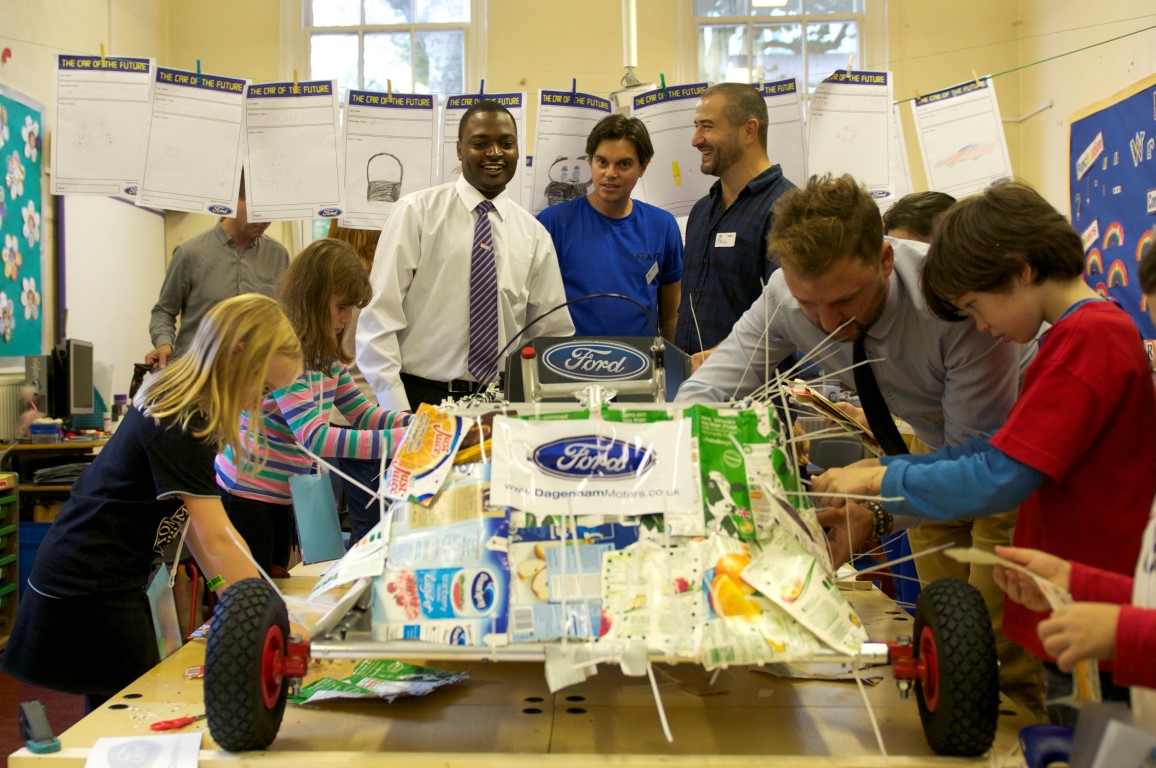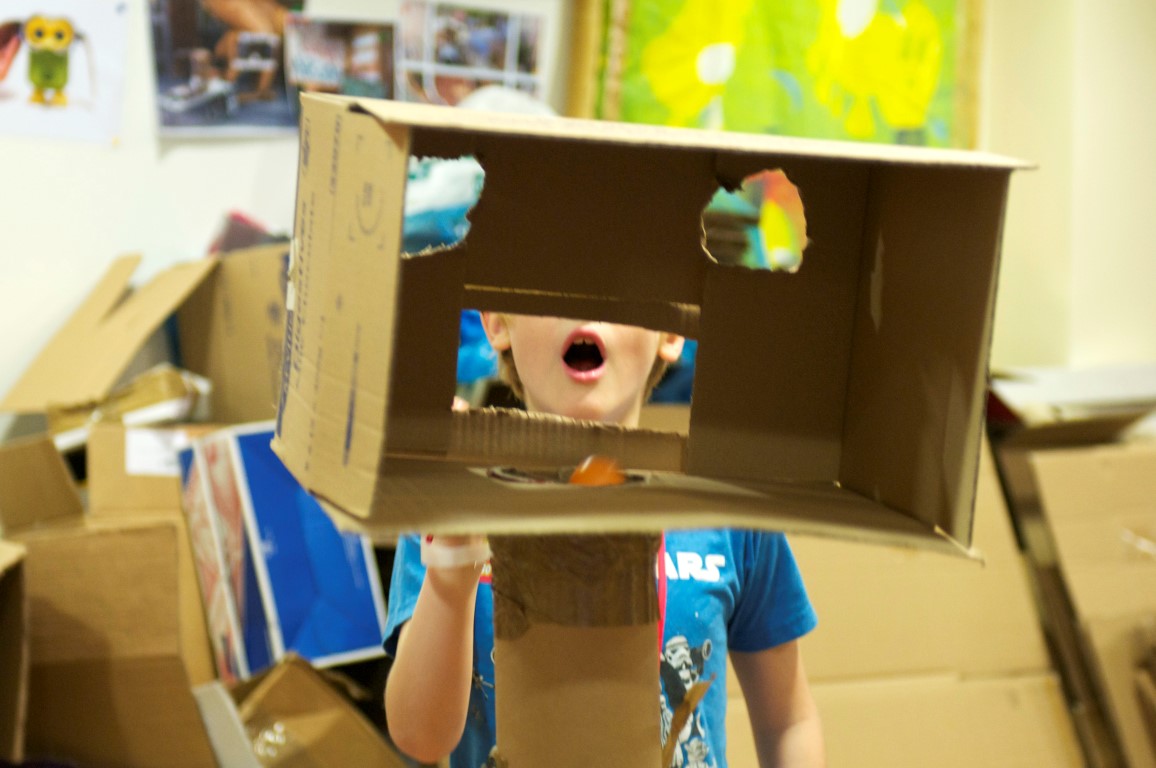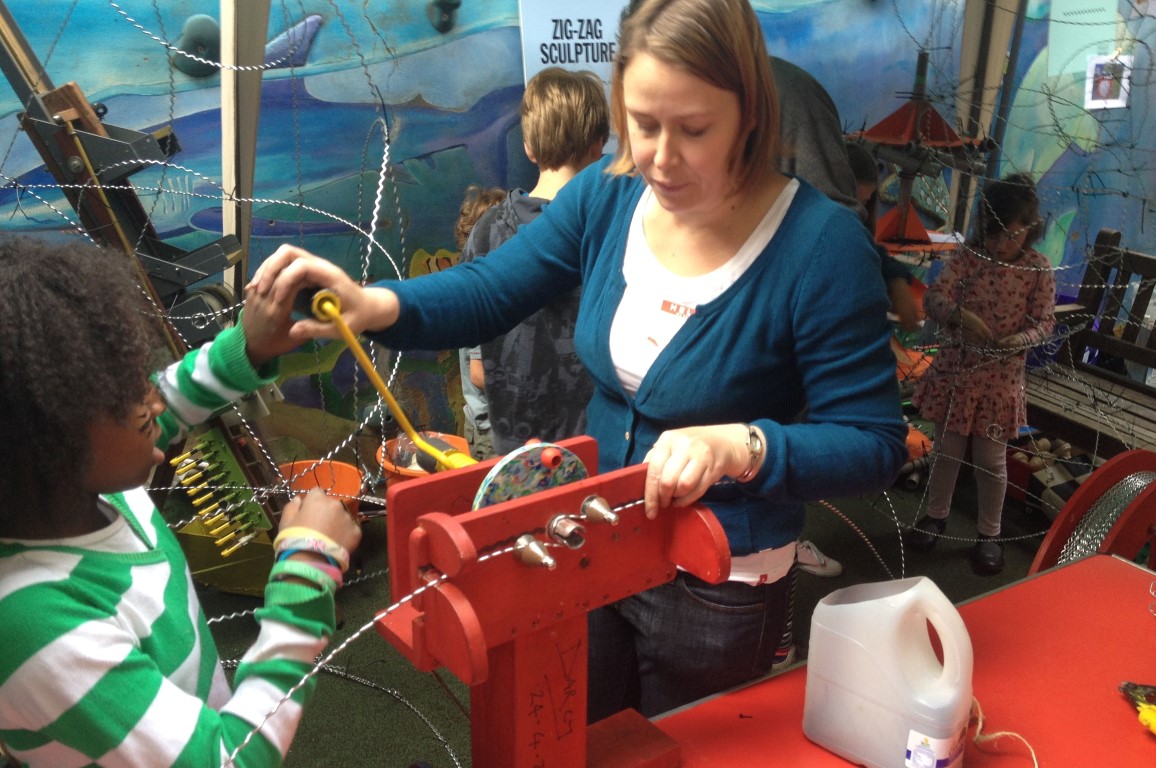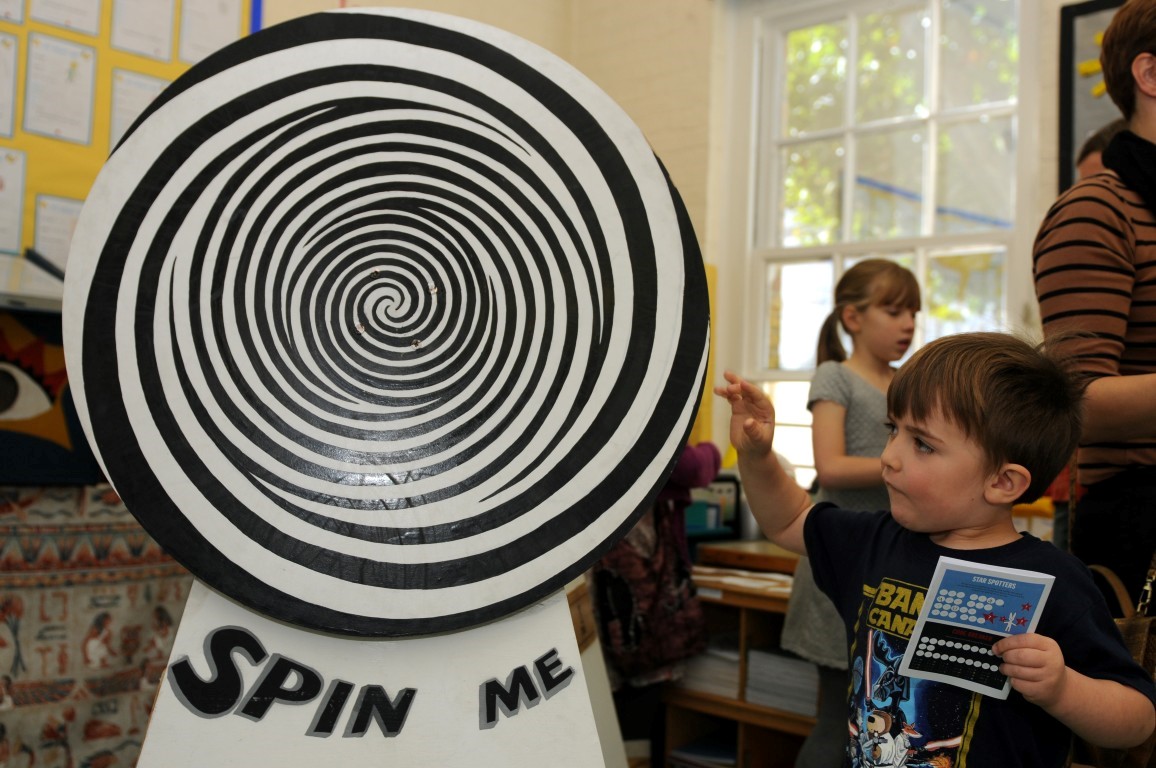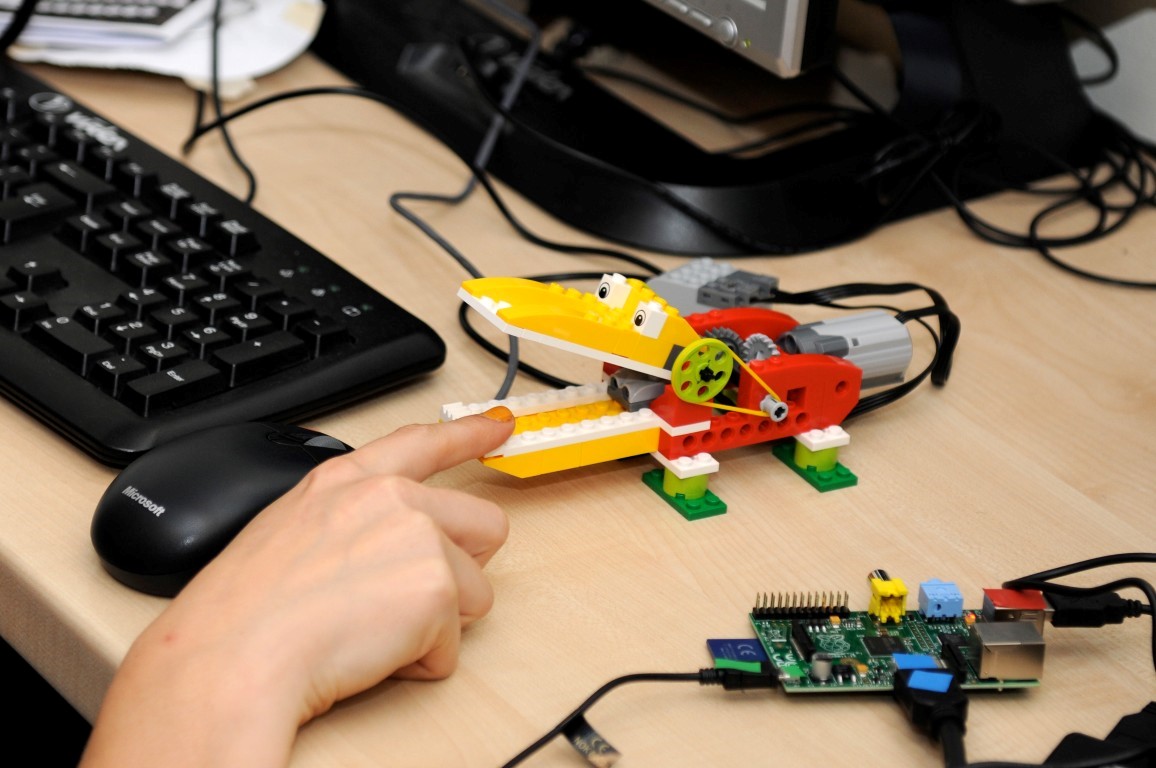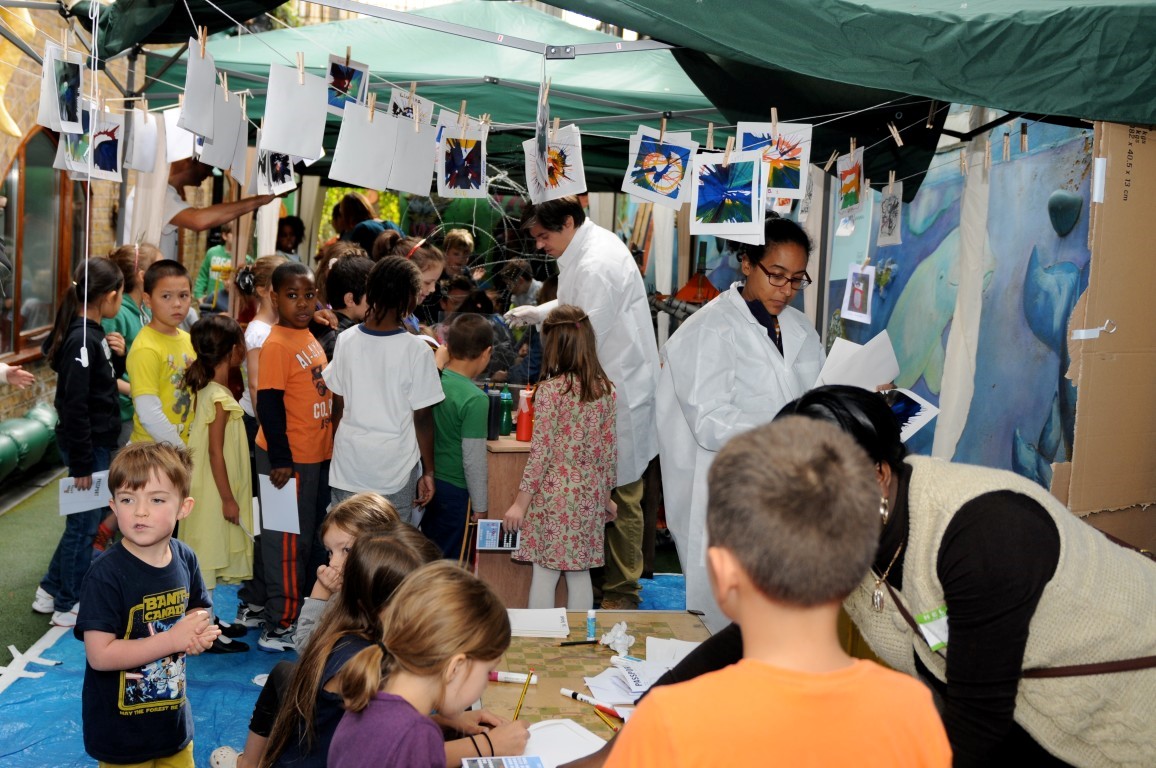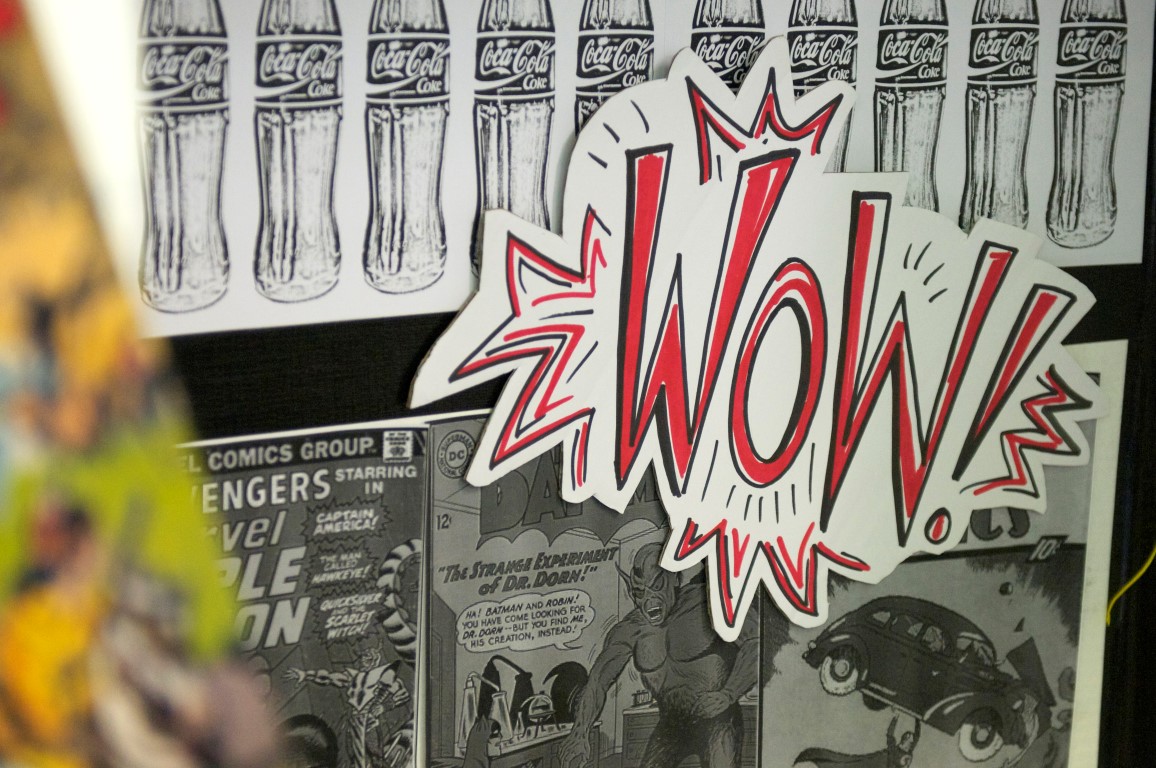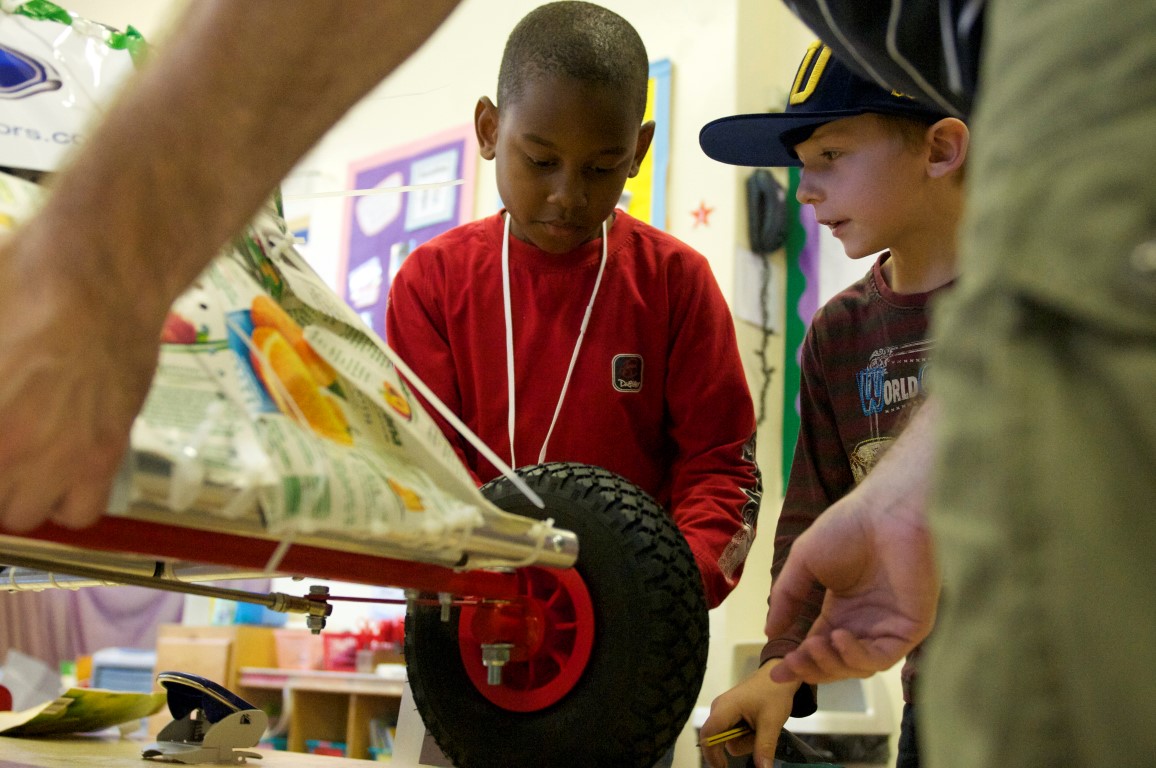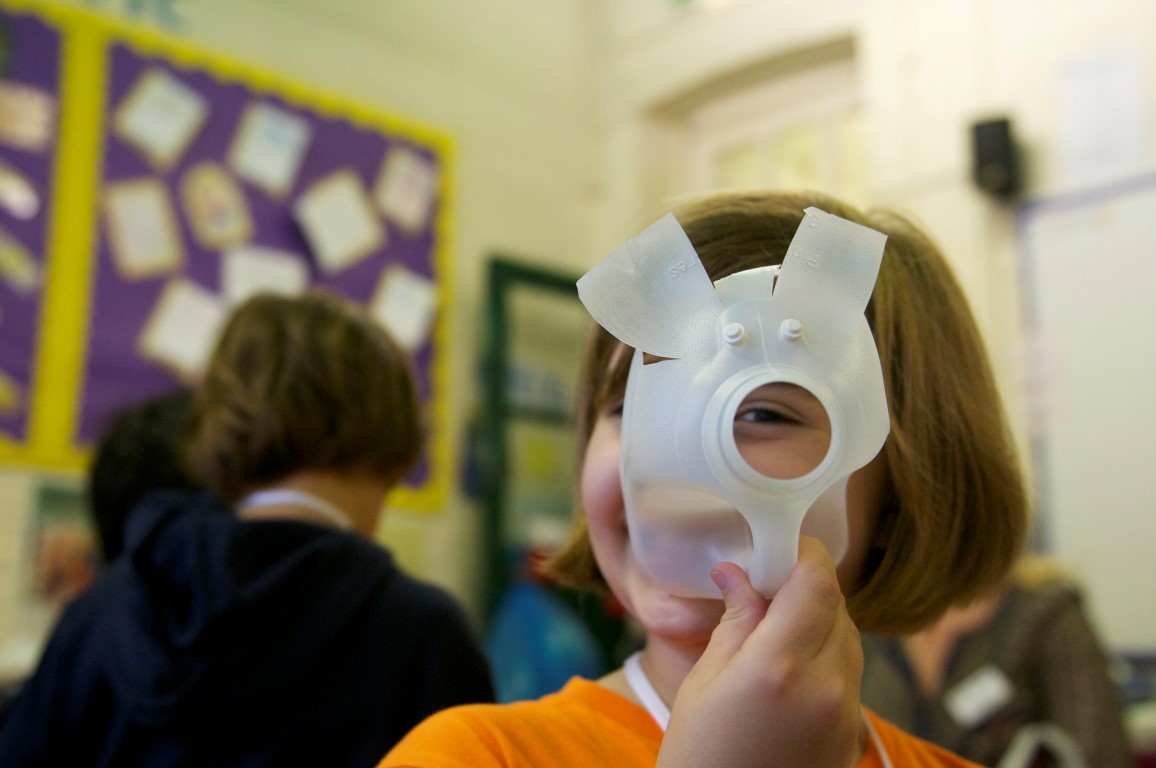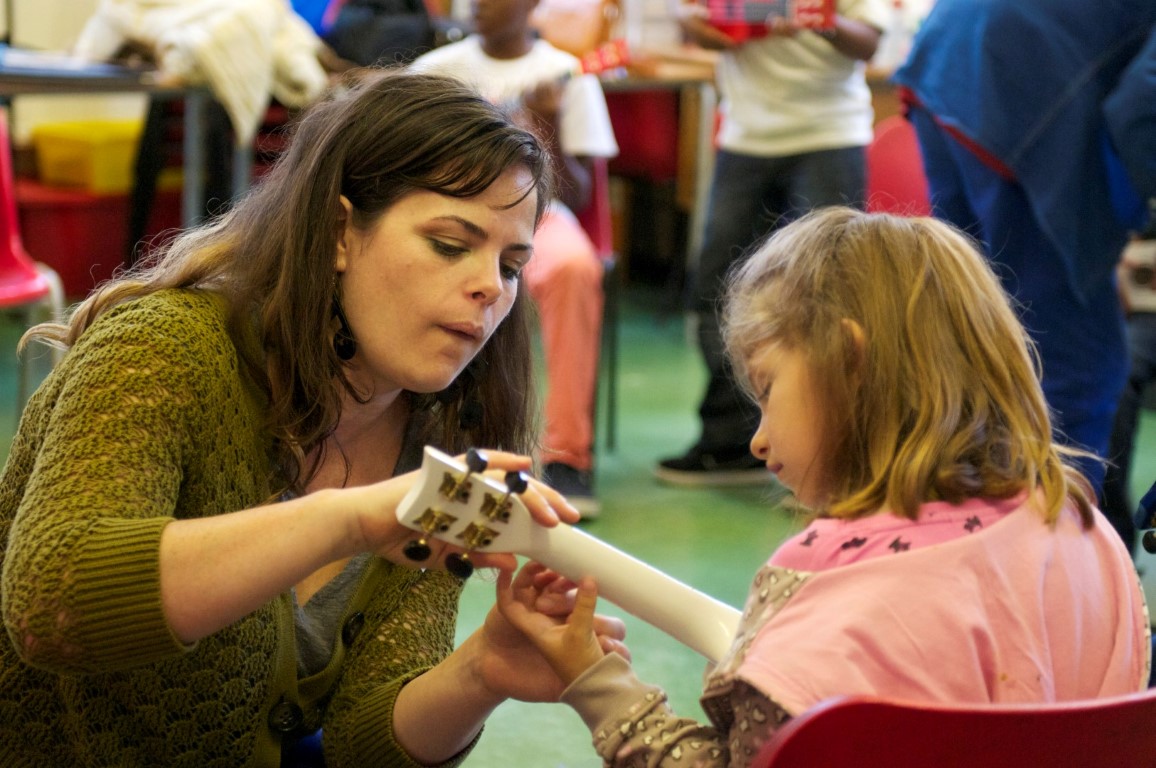OK so I need to start with an admission and an assumption.
An admission that I wasn’t one of the 18 million people who watched the leaders’ debate the other night. As with BBC Question Time, I plan to watch it. Forget. And drop in half way through once the kids are in bed and the house settled.
And an assumption. An assumption that education wasn’t mentioned in any significant way beyond a passing comment that it’s “a priority and safe with us”. It certainly wasn’t mentioned in any of the highlights I sat through, as frankly there wasn’t much time to discuss anything meaningfully once everything had been glossed over seven times.
And frankly, I’m not sure education is safe in any of their hands anyway as there doesn’t seem much time or appetite to have a long hard look at the political football that is our education system as that certainly would be far too complicated to cover in a TV debate and digested by an audience after a few cans of cooking lager on a Thursday evening.
And, anyway as along as the 3R’s are covered and schools get books, isn’t everyone pretty happy with it anyway?
But, come to think of it, has any one really stopped to think about our education system and whether it’s fit for purpose?
WHo are you to say?
Now I need to put my cards on the table right here. I’m just a dad, to a couple of young boys, one in year 5 primary and one who’s part way through his first year in an OFSTED ‘Outstanding’ Secondary school that is doing its best to make the best of the changes to the system that doesn’t consider coursework, mandates English only authors and bans open books in exams.
The very mention of open books in exams is enough to send tabloid headline writers for their quills as surely exams test what children have learned, or more accurately remembered, yet we live in a world now when every fact is available on the cheapest smartphone. Surely it’s more important to be taught to apply knowledge and work collaboratively that spend 8 years at school being crammed for the test?
Like most dads , or mums, or any other carer, I’m no educationalist or academic, and my limited knowledge comes from watching one particularly interesting TED talk on YouTube and reading the first half of a couple of books so I’m prepared to accept my thoughts don’t hold up to the most aggressive of scrutiny. But I’m not alone in my thoughts.
28 million people can't be wrong
I do enjoy asking people if they’ve heard of the ex UK educationalist Sir Ken Robinson who emigrated from Liverpool to LA one rainy day a while back, and few have.
I do smile when people puff, when I ask if they’ve heard of the TED talks then, as it turns out most learned types most certainly have.
My surprise comes from the fact that few of them realise that Sir Ken’s in the No1 TED talk with 28 million views and on the subject of how ‘schools can teach creativity out of our children’ and that his speaker fee for half an hour is probably more than the average UK teacher earns a year.
This is clearly a pretty serious business.
Essentially he talks about how our education system is a legacy of the Victorian era when we just needed to clone people to send to the furthest reaches of globe to crank the handles of the British Empire. A system that was designed to teach children to sit still in factory and office jobs, jobs that increasingly don’t exist anymore and why the system needs a rethink.
Given the viewer stats for the No 1 TED talk, suddenly one thinks that maybe a few more people might have a view on whether we have a failing education system, or maybe they just enjoy Sir Ken’s jokes, as he is a fantastically entertaining speaker.
CREATIVITY? WHAT, ARTS AND CRAFTS
It's not about arts and crafts but creativity in all its forms.Thinking and doing.
Creativity fuels our economy yet we have a system that can teach creativity out of our children.
"We are ALL born creative"
Pablo Piccasso
The UK is on the brink of a creativity crisis.
STEAM POWER. PARENT POWER
Sir Ken's talk and a chance encounter with a bunch of creatives in a field at a very special festival (Camp Bestival - think Glasto for families), inspired me to get together with a bunch of like-minded parents to co-found an initiative that brings carers, teachers, creatives and companies into primary schools.
STEAM Co – powering communities to inspire children with creativity by giving them a school day like no other where they can choose from up to 20 thinking and doing activities from across the STEAM skills of Science, Technology, Engineering, Art and Maths.
The addition of Art to STEM, an established and heavy prioritised/funded acronym, is key as Art blurs boundaries. Creativity brings left and right brain thinking together and not only engages children but unlocks new creative approaches to collaboration in problem solving and co-creation of solutions.
After an incredible 4 years at a local level, we’re now raising funds to roll it out to every primary school in the UK as a national charity.
BOOKS, BOOKS. BOOKS.
But back to the story. If Sir Ken does good talk, the two half books I’ve read on the subject are both by a chap who provides a blue print on how to walk the talk. In one of his earlier books ‘What’s the point of school’ the global educational guru Professor Guy Claxton defines simple ways that schools can change to engage and inspire children and give them the skills for the world today.
His ideas don’t require massive investment in new kit and ripping and replacing revolutionary action but a gentle evolution and reframing of what we already do.
A holistic approach where subjects aren’t taught in hurried lesson periods between the bell but by topic, where subjects are brought together in context. He encourages educators, parents and children to think of the brain as a muscle that needs exercising, like any other muscle.
See the five minute film on the left of how a new free school head teacher proposes applying this approach.
In his book ‘Educating Ruby’, published on Easter Monday, Claxton takes it one step further.
Specifically targeting parents (and teachers) it is a ‘powerful call to action for everyone who cares about education in an uncertain world’.
WHEN THREE TRIBES GO TO WAR, A BULLET IS ALL...
In the first half of the book that I have read so far, Claxton lays down three schools of thought around education by identifying three tribes. The ‘Roms’ or romantics are very hands off and believe children can be left to it, contrary to best academic evidence.
Second, come the ‘Trads’ who are obsessed with strict, structured, old school approaches with a lot of learning by rote of nothing you can’t now just look up on Google anyway and where the end, in the form of exam results, justifies the means. Who cares if learning Latin has no real value or application to most children, surely the process of learning something so useless is character building in itself.
As Claxton says: “After children have taken these exams, Trads seem to lose interest in the question of what this patchwork of factual knowledge actually enables children to do.” Any attempts to question this reassuringly straightforward picture is aggressively dismissed as ‘progressive claptrap’.
As a pretty simple bunch, Trads like arguments with two sides, theirs and the enemy’s. Claxton proposes a third side, the ‘Mods’ (think modest or moderate, but not wimp) who ‘know, when things are complicated, that patience and humility are required’.
In summary when faced with a real problem characterised by needing to “know what to do when you don’t know what to do”, Claxton says that “Mods become pensive, they tinker and explore, while the Trads get more pugnacious and the Roms disappear to the margins.”
He argues that most teachers are mods. They keep their heads down and just get on with it, though there is a feeling that as workloads are piled up and pay reviews are ignored that the pressure point will rise to boiling point, indeed a national teacher strike was threatened the other day.
ENTER SUPERMAN
Now this isn’t to say that there aren’t bad teachers, for an example find an evening to watch the film ‘Waiting for Superman’ on NetFlix and ask yourself if that’s a system we want in this country.
We need to elevate the status of teaching and attract the best in the way that the organisation TeachFirst are convincing the UK’s best graduates to go into teaching for a few years before starting their high flying careers. Many stay in teaching.
‘Educating Ruby’ is a book, a platform a campaign to bring mod thinking out of the staff room and into the open.
GETTING FROM D TO C
The central tenet of Claxton’s work with his co-author and co-conspirator Bill Lucas is the theory of Building Learning Power, a project they have been espousing for many years now to great effect.
Learning Power is built on the pillars of the seven C’s: confidence, curiosity, collaboration, communication, creativity, commitment and craftsmanship.
At the time of writing I’d just reached a point in the book which frankly felt like pure genius, not least as my simple mind needs a hood or framework to hang the theory on.
Having described how many schools operate as exams factories to drag children through exams to give them a passport to a rich and full life he points out the effort that most schools will put into dragging a D grade (failed) child up given the impact on their overall school statistics and coveted OFSTED ranking.
He then introduces his fictitious student Ruby with whom he compares and contrasts the seven C’s from her Learning Power school with the seven D’s of a traditional and, in his eyes, failing school approach:
- Confident not Defeated
- Curious not Disengaged
- Collaborative not Distanced
- Communicative not Dumb
- Creative not Deadbeat
- Committed not Drifter
- Craftsmanship not Dogsbody
Now I’m sure this rings true both against the stenotype of teenagers as well as many parents’ views of their own children. Yet using this kind of language in public, certainly within ear shot of a Trad will surely result in the ultimate insult often being hurled around of being a ‘liberal’. It’s long amazed me how that has been positioned as an insult by both left and right.
And that’s usually just the start of the insults that get thrown at teachers. I worked for someone once who regularly used the phrase that “those that can’t teach”. Well, actually the sentence requires a comma for optimum and intended insult: “those that can’t, teach”.
WHAT DO TEACHERS DO WITH ALL THAT HOLIDAY?
Who can blame them for keeping their heads down and getting on with it but if you want an example of how engaged teachers are, take a look at TeachMeet and how this underground collective of teachers meets in their own time to share best practice and teaching tips.
After attending a TeachMeet the other evening I wrote this account of how, in the middle of the school holidays, it had attracted 243 teachers from across the country.
And that’s when the mud sling starts. Demeaning phrases like ‘the blob’ come out to tar the entire profession.
IT SEEMS WE AGREE
But this isn’t the preserve of a bunch of leftie teacher radicals. The hugely influential and conservative CBI in their ‘First Steps report’ described British schools as grim exam factories where “while average performance rises gently, too many are left behind”.
The National Primary Heads Association under Chair Paul Walker has put creativity at the top of their pledge and say that the current education system is ‘unacceptanble’.
So maybe it is acceptable to say something or to put our hands up as parents as teachers, as carers: people who care, about children, educational and all our futures.
With an election, the publication of Claxton’s book ‘Educating Ruby’ and the imminent publication of Sir Ken Robinson’s eagerly anticipated new book ‘Creative Schools – ‘The Grassroots Revolution That’s Transforming Education’ maybe now is the time to get this on the agenda. Not as a cue for more soundbytes but to drive real change.
WHERE TO START? #SCOL1
STEAM Co. is holding its first regional launch event in an old sugar warehouse in the docks/creative quarter in Liverpool which is now home to 2 of the UK’s most amazing schools that are taking local estate children off the conveyor belt and sending them off to university, many straight into year 2 and some being considered for places at Balliol, Oxford.
On 24/25th April we’ll see 300 local children come in to sample a STEAM Co. Day and Professor Guy Claxton will kick off a day of 25 talks on creativity, education and community.
That’s a week before the election so perfectly timed to gauge the appetite for concern, to drive change. Info here.
WILL YOU PUT YOUR HAND UP?
So my question to you, is that if you have a question then put your hand up.
If that question is that we should start questioning how we educate our children then sign our petition at the link below.
We’re running out of time. The UK Education debate isn’t about spending more or less. It’s about having the best. Crafting the best education system in the world, following the example of countries like Finland that literally banked their country’s future on a world class education system after the war.
Put your hand up if you agree. Sign our petition.
'By signing this petition I'm putting my hand up to be counted, to say I’m concerned about the UK Education system and whether it is fit for purpose beyond getting exam results'.
Sign here.
If we get enough hands maybe someone will step up at the election and offer to try to do something about it.
In the meantime, where you’re a parent, teacher or you just care, I whole heartedly recommend you read ‘Educating Ruby’ by Professor Guy Claxton and ask yourself how much of it you REALLY think is ‘progressive claptrap’.
Yes, put your hand up. It's YOUR Turn.





